The need for speed: With Christian Coleman banned, who could now win Olympic 100m gold?
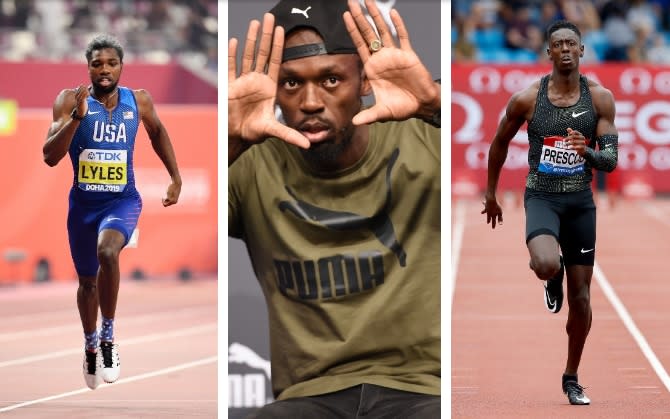
Christian Coleman had long been earmarked to win Olympic 100m gold in Tokyo and take over from Usain Bolt as the face of the sport’s blue riband event.
That prospect has now been extinguished, unless his two-year ban for anti-doping whereabouts failures is overturned on appeal.
So what becomes of the Olympics’ headline event? Shorn of its biggest name and the sprinter tasked with replacing him, who is next in line to fill the void as the world’s fastest man?
With Coleman the only man in the world to have broken 9.80 seconds over the past five years, the playing field has suddenly been levelled. Here are the candidates:
Noah Lyles, United States, 23
PB: 9.86sec (2019)
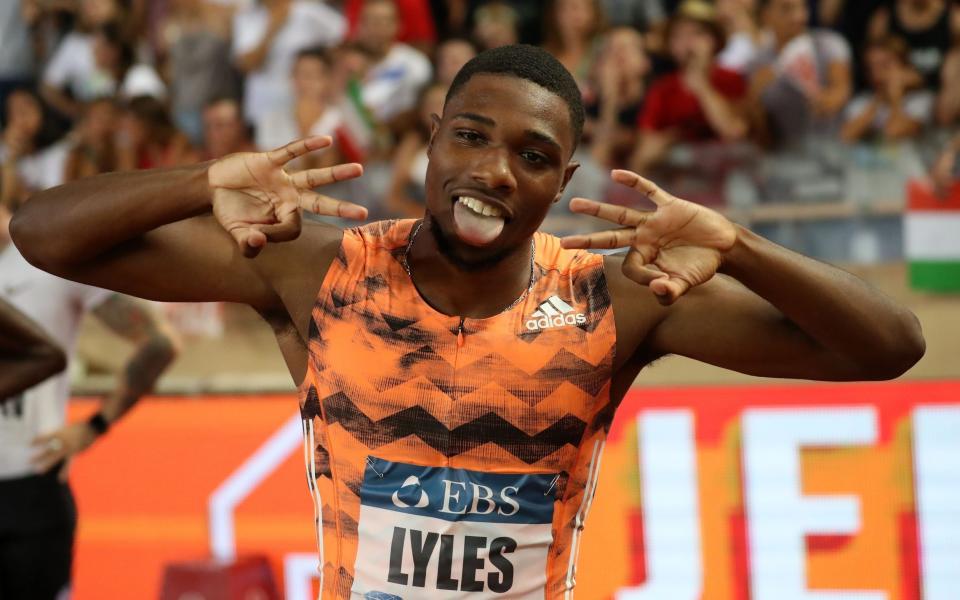
Coleman may have the speed to replace Bolt, but he certainly does not have the personality. Step forward the dancing, rapping, showman Noah Lyles. The 200m world champion already sits fourth on the all-time list at that distance, over which he seems to have no real rival. He is yet to contest the 100m at a major international competition, but now looks favourite to complete an Olympic sprint double, should he opt to contest both events.
Andre de Grasse, Canada, 25
PB: 9.90sec (2019)
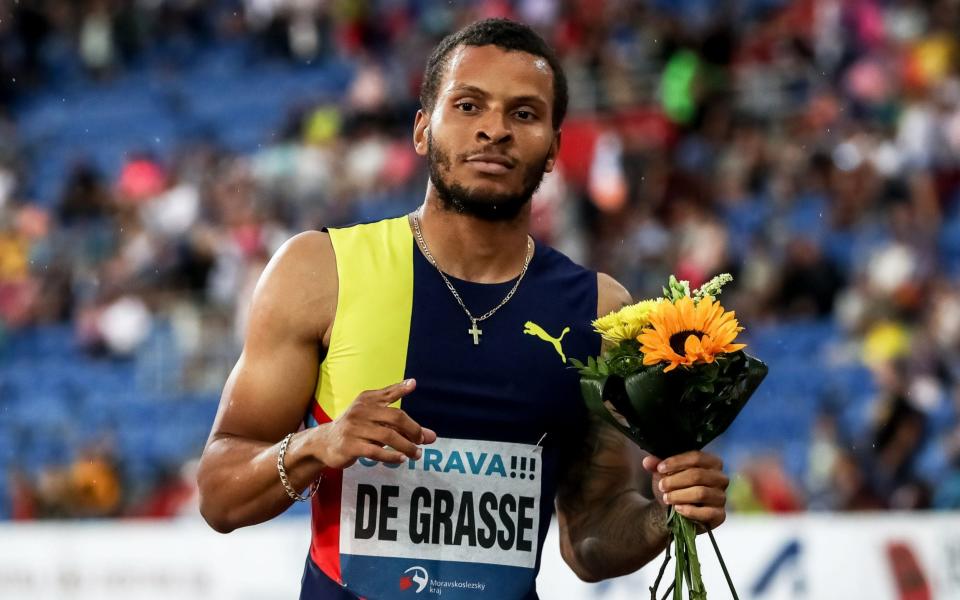
The Canadian burst onto the global stage in spectacular style with Olympic 100m bronze and 200m silver in 2016, before niggling injuries over the next two years. He has steadily worked his way back to his best since, matching that same medal haul at last year’s World Championships. Time is on his side and there should be more improvement to come.
Trayvon Bromell, United States, 25
PB: 9.84sec (2015/16)
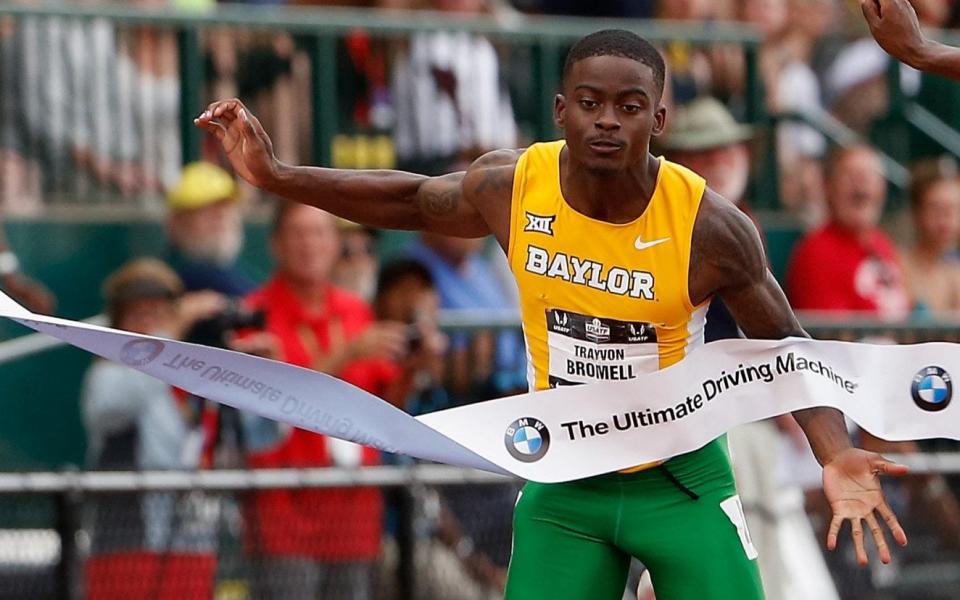
What a comeback story this would be. Having shared world 100m bronze with De Grasse in 2015, Bromell’s career looked to be over after a serious heel injury decimated a number of his most formative years. The scale of his return was exposed when he clocked just 10.54sec after two years out in 2019, but he has moved training groups (to join De Grasse and Britain’s Adam Gemili) and this year showed the old ability remains by clocking 9.90sec in a shortened season.
Akani Simbine, South Africa, 27
PB: 9.89sec (2016)

Mr Consistent. But is Simbine destined to forever be Mr Near Miss? The Commonwealth champion’s best times show a remarkable level of consistency year after year: 2015 - 9.97sec, 2016 - 9.89sec, 2017 - 9.92sec, 2018 - 9.93sec, 2019 - 9.93sec, 2020 - 9.91sec. He is in the mix every time it comes to a major global event, but repeatedly falls just short of a medal, finishing fifth, fifth and fourth at the last three Olympics and World Championships. The tiniest improvement would make all the difference.
Justin Gatlin, United States, 38
PB: 9.74sec (2015)

Is he really still going? By all measures, it should be inconceivable that someone can win an Olympic 100m medal at the age of 39, as Gatlin will be by the time the delayed Tokyo Games take place. But it would be foolish to write him off. While he barely competed this year, he showed age had done little to slow him following his 9.87sec to win world silver last year. Who knows if he can come back in the same shape next summer.
Zharnel Hughes, Great Britain, 25
PB: 9.91sec (2018)
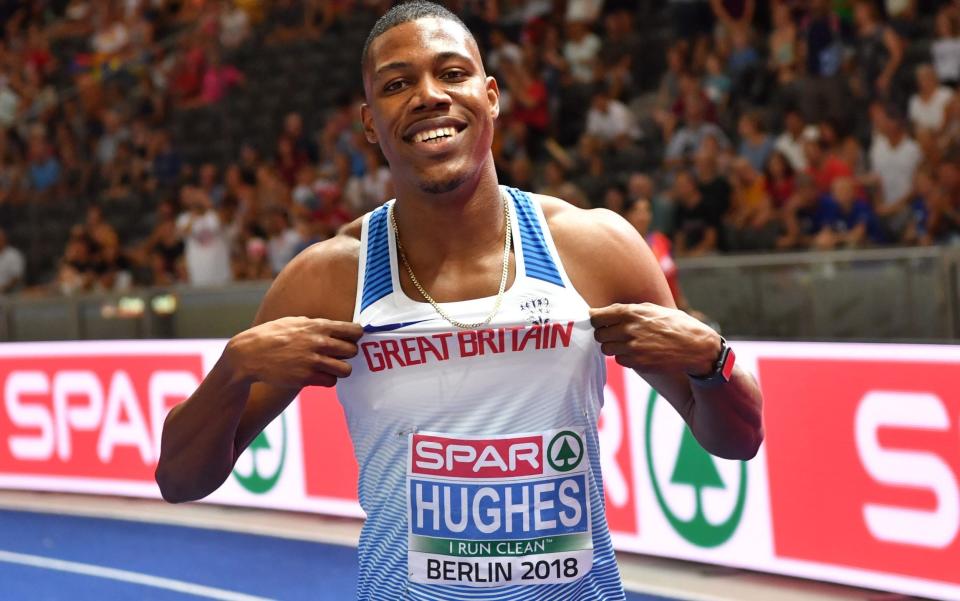
Hughes was thought of more as a 200m runner until a breakthrough season over 100m in 2018, when he won European gold and moved second on the British all-time list with a personal best 9.91sec. He broke the 10-second barrier four times last year, but missed the opportunity to win a first individual global medal when finishing sixth at the World Championships.
Reece Prescod, Great Britain, 24
PB: 9.94sec (2018)

Thought by many in British athletics to be this country’s best sprint hope for some time, Prescod had numerous injuries problems in his late teenage years before reaching the world final in 2017 and registering his personal best the following year, when he also won European silver behind Hughes. He came out and ran 9.97sec in his season opener in May 2019 despite hobbling over the finish line, but has had just one aborted race since picking up that hamstring injury.
Usain Bolt, Jamaica, 34
PB: 9.58sec (2009)
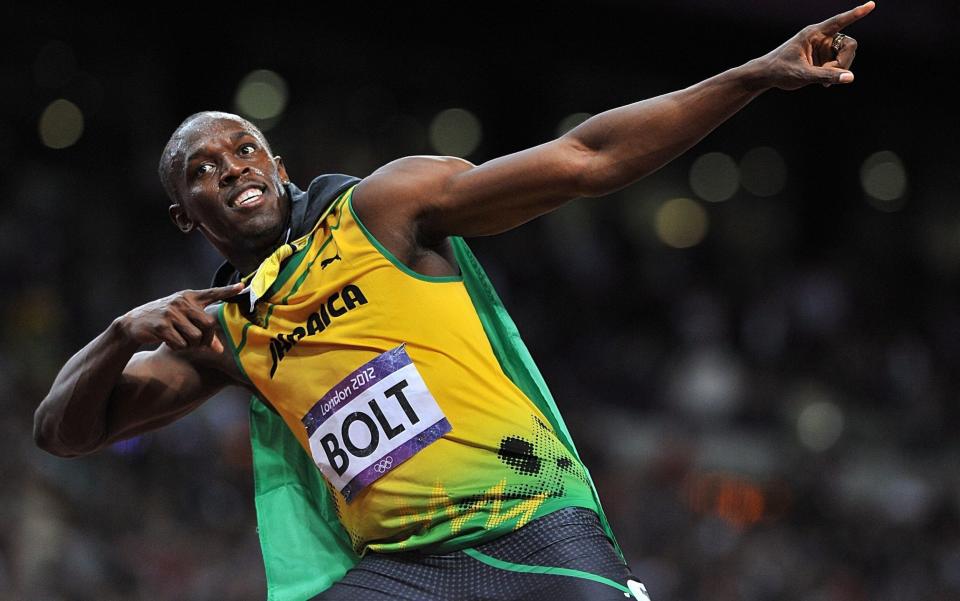
Is it crazy to even think it? Almost certainly. Since retiring in 2017, Bolt’s social media feed has shown a life of private jets, partying and generally enjoying himself without having to worry about staying in shape. But without Coleman, the path to a medal is considerably easier if the 19-time global champion could be tempted to return and is able to get back in shape to run somewhere around 9.80/9.90sec by next summer. Is it conceivable? Yes. Will it happen? Don’t put any money on it.
Best of the rest
The fastest 400m runner in the world in 2018 and 2019, Michael Norman ran his first 100m for four years this summer and clocked a world-leading 9.86sec. He is unlikely to contest the event at the Olympics, but is certainly fast enough. Fellow American Ronnie Baker set a 9.87sec personal best when he was the second fastest man in the world in 2018, but is yet to make a global international team outdoors.
Nigerian Divine Oduduru won the national collegiate 100m title in America last year in an eye-catching 9.86sec, while Frenchman Jimmy Vicaut has vast experience at major events with a personal best 9.86sec. Then there is Jamaica’s Yohan Blake, who is not the force he was after hamstring problems but regularly runs below 10 seconds and finished fifth at last year’s World Championships.


